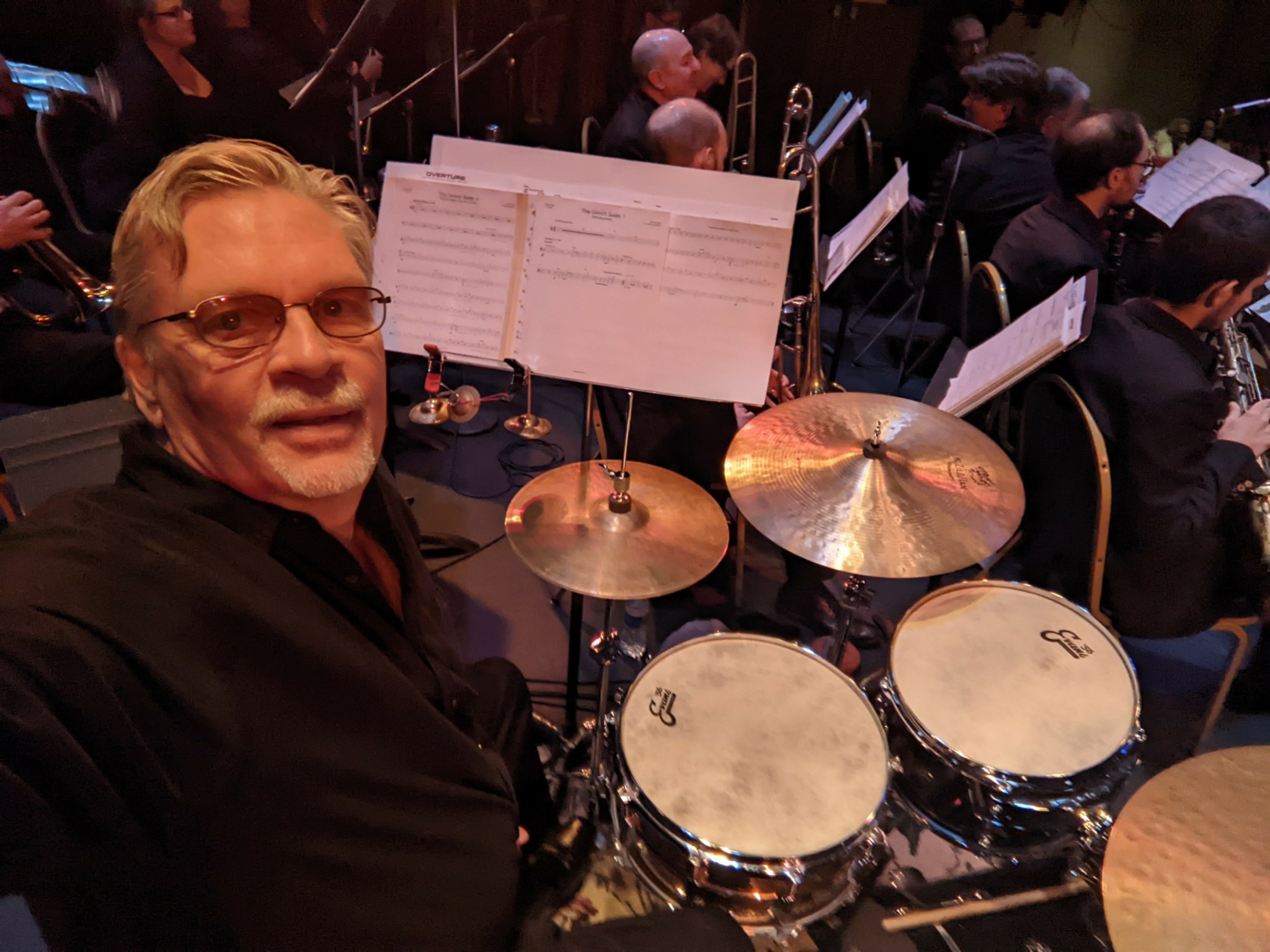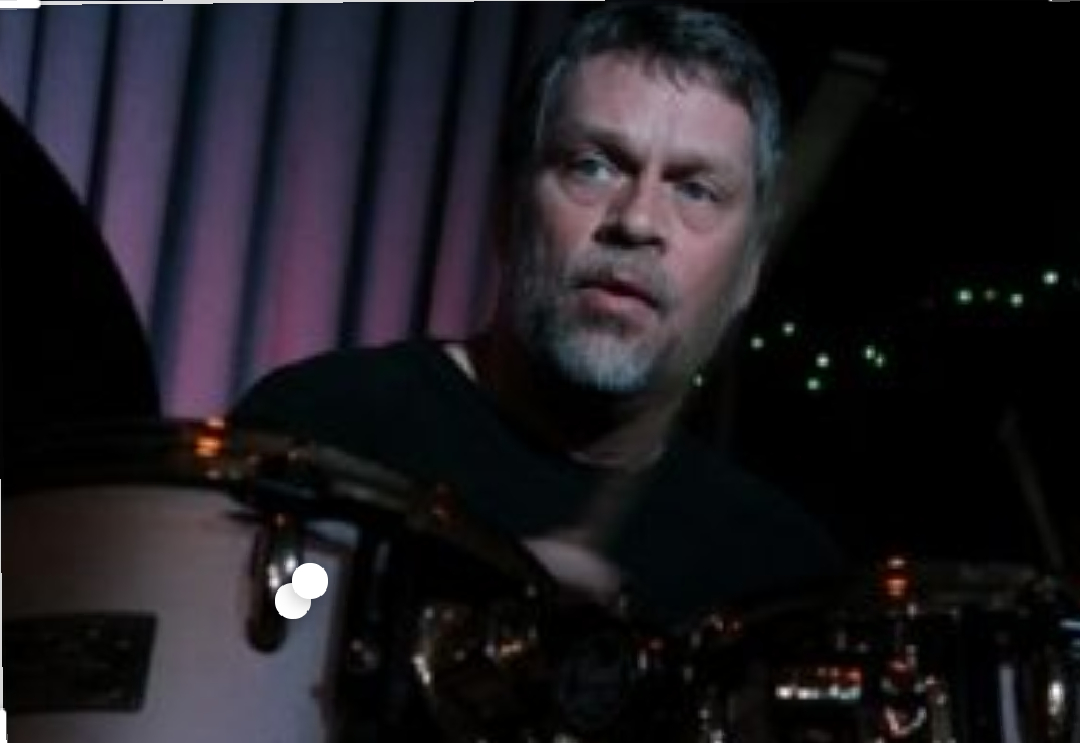Alright – so today we’ve got the honor of introducing you to Tim Horner. We think you’ll enjoy our conversation, we’ve shared it below.
Tim, appreciate you joining us today. It’s easy to look at a business or industry as an outsider and assume it’s super profitable – but we’ve seen over and over again in our conversation with folks that most industries have factors that make profitability a challenge. What’s biggest challenge to profitability in your industry?
As a performing artist in 2024, one way to augmenting our salaries and profitability is the ability to have control over our recorded materials and to have those materials add to our financial gain. About 15 or so years ago came the invention of Napster. Napster was a website that took digital recordings, downloaded them and offered them to the public to stream for free. Musicians rose up and demanded Congress do something about this theft. Consequently Napster was shut down and many of us thought this would be the end. Congress then made a deal with startups like Spotify and Pandora where they were to pay musicians a fee for streaming their products. That fee turned out to be about 1/10 of a penny per stream. I don’t think anyone gave proper thought to how many streams it would take for an artist to make even $10. The CEO of Spotify is now a billionaire offering our products basically for free and sharing almost nothing with the artists. This has resulted in almost 100% inability to sell your products such as CDs and LPS. Most people today because of streaming services do not even own a CD player or a turntable and if they do by your product it will most likely be on a performance that you are leading and they will buy it (maybe) to have your signature and a memory.
Many musicians have gotten creative and have tried to find avenues to fill this financial loss but with the ability to so easily digitally download and steal property of musicians it’s almost virtually impossible to bring back what took about a hundred years in the recording industry to sell this music.
We are now at a place where most of our income comes from live performance whereas even for someone such as a jazz or classical artist, the ability to sell 2000 recordings a year could materialize as up to $30,000 which for many artists could be around 30% of your yearly income. This is gone now and we see the CEO of Spotify for example giving a podcaster, a political podcaster $10 million a year to have a podcast on Spotify, paying this money through profits of stolen material.
Since covid, the rules have changed for performing artists in that many clubs have closed, pay has been cut back, and for people like myself who live in New York City we have to pay outrageous fees to get into New York, Manhattan, and to park a car. Often a performance that used to pay $150 now pays $100 and will cost you anywhere from 30 to $50 to park your car and be there. These are difficult times to say the least and the rules have changed for all of us. I wish Congress and the musicians Union would do something to find a way, a mandate to help us re own our creative materials and to be able to make a profit behind our work.

As always, we appreciate you sharing your insights and we’ve got a few more questions for you, but before we get to all of that can you take a minute to introduce yourself and give our readers some of your back background and context?
I am a professional jazz musician from Roanoke Va and I have been playing drums, percussion and violin since the age of 9. I studied at Berklee College of music in Boston with a degree in performance and moved to New York City to capture my dream in 1980. New York has always been a hub for American music especially jazz and classical music. I’ve worked with so many Jazz icons and greats, I’ve recorded over 250 recordings in my career, four have been recordings of my own music, my own compositions and arrangements, I’ve written music for other artists which have been recorded and arranged for small ensemble to orchestra. I’ve traveled all over the world concertizing and teaching. These travels have also included five times representing the US State department in cultural exchanges with about 20 countries from the Balkans, Turkey, Cypress, Kazakhstan, Kyrgyzstan, countries in South America and Asia including China.
I currently perform mostly in New York and around the US. So much of our work in Europe and abroad has been economically destroyed, high prices on flights and hotels. Ironically we have taught our music to so many Europeans and people in Japan that their local Jazz communities are quite vibrant and play our music, jazz music on a very high level. Unfortunately this also affects our ability to travel as we have become in some ways unnecessary. I am 68 years old and I still practice my craft almost everyday and I write music often. I just recorded a new project with a wonderful guitarist who was a student of mine at New Jersey City University where I’ve been teaching for about 26 years. I am doing everything I can to stay current and to continue living my career as a side person. I am a great reader, knowledgeable of many styles of music/drumming and a quick study which puts me in a position to be offered lots of opportunities that some without these skills would not receive. Needless to say for almost 60 years music has been my passion, music I feel is important for our social behavior and culture therefore has been and is extremely important for me, my music community and our souls.

Let’s talk about resilience next – do you have a story you can share with us?
For me one of the toughest lessons I learned when I moved to New York City was that New York was not my town yet, meaning that I realized the greatest musicians in the world were already here and this city of New York belong to them. I learned I had to pay dues, I had to create a network of musicians who knew me, I had to be great as a player, I needed to learn how to work with people and to not step on their careers, in other words I needed to have humility and a deep sense of professionalism. I also learned that no one was going to walk up to me and hand me a career, a great career. Yes this happens, there are people that come into cities like New York and within a very short of time become very well known and receive lots of work. This happens to only a few and most of us must prove ourselves. This all took me on a journey where I delivered sushi in Midtown on a bicycle 5 days a week for two years and then I became a locksmith working in Brooklyn and Manhattan out of my car 4 days a week from 8:00 in the morning to midnight so that I could continue to live in New York and afford New York. During these years I practiced all that I could and I would play small gigs and jam sessions on weekends to keep myself in check musically and to continue meeting new people. I also learned how to draw my skills from within after days of working so hard and not being able to practice and be close to the music. These were hard times but they were great times, important times and very meaningful in so many ways. Many people would be defeated by this journey, I always saw it as a challenge and kept my dream on my shoulders.

What’s a lesson you had to unlearn and what’s the backstory?
When I moved to New York I guess I was somewhat very sure of myself and a bit cocky. I thought my skills would give me immediate success and I thought the degree I had achieved at Berklee College of Music was very important and would be important for everyone I met. One of the first meaningful gigs I had in New York, meaningful as in working with a jazz icon, was playing with a very well-known tenor saxophonist named Clifford Jordan. He asked me on the break of my first gig if I had attended College and where did I go. I was very proud and said “yes I did go to college and I got a degree in performance at Berklee College of Music in Boston”. He looked at me and said “that is wonderful and I promise not to tell anyone”.
I had to realize that in my line of work the most important thing was not a college degree but an understanding and knowledge and ability to play the music, to learn from my elders and to be really great at what I do.




Image Credits
Jeff Dunn


